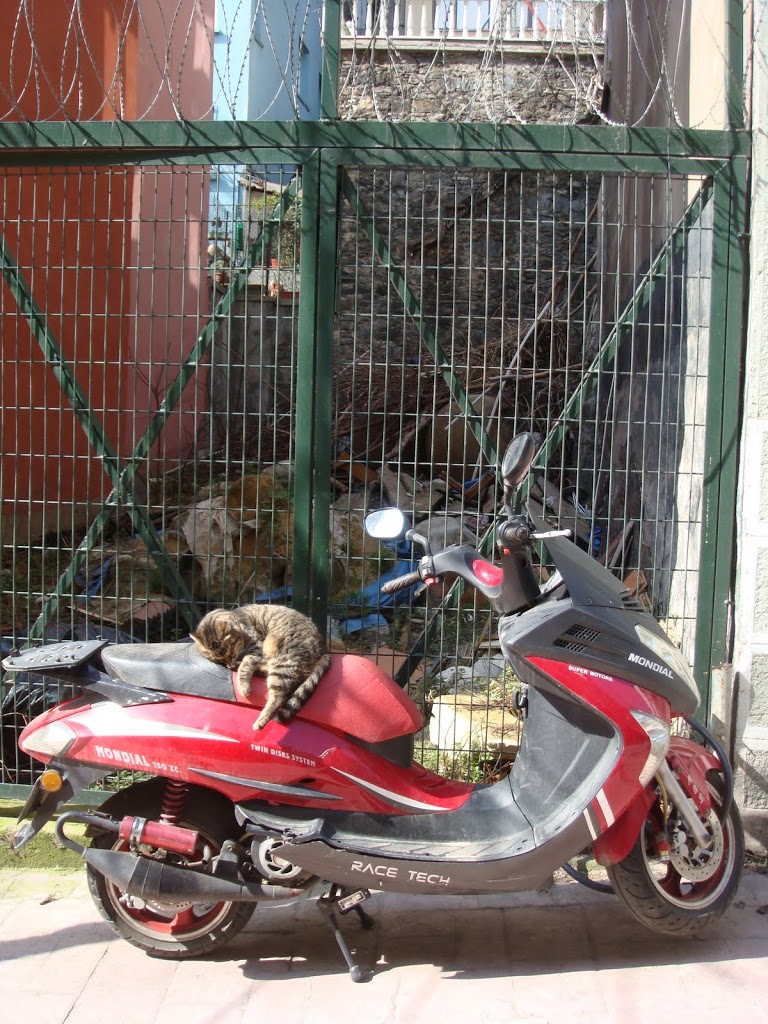
‘It’s interesting… I figured I should make some money before college… I have no idea what I want to do with my life…’
He didn’t respond for a second. Then ‘You’ – the way he said this implied an intimacy that seemed presumptuous at the time – ‘you’ll become an expatriate.’
Years later, when I read The Sun Also Rises, I had a sharp sense of déjà vu. What I remember of that conversation in Paris was eerily reminiscent of a conversation Hemingway stages between two of his main characters. This is hardly surprising – Paris breeds the type of people who will quote literature as if it were their own personal insight. In Hemingway’s words:
‘You – you may not know it now, but you’ve become an expatriate. Not just for a little bit, but maybe for life. First you’ll lose touch with the soil. Then you’ll get precious because fake European standards will ruin you. You’ll drink yourself to death and become obsessed by sex. You’ll spend all your time talking, not working…’
And he saved the direst prediction for last: ‘You’ll hang around in cafes.’
Hemingway, I discovered recently, was not the only member of the American Literary Canon to have less-than-pleasant things to say about expatriate life. Truman Capote is less predictive and more judgmental:

So, back to working in cafes. One of the great miracles of modern life, up there with genetic engineering and the near-worldwide availability of Chilean Malbecs, must be the ability to work remotely. With my Outlook files backed up on a custom work-tailored gmail account, my documents stored safely in Dropbox, and access to my company’s archives through our FTP server, I can work anywhere that has a decent internet connection. Which doesn’t happen to include my apartment, where I can only get internet if I hover, creepily, outside my landlady’s door to piggyback on her wireless (an action she sanctions, and charges me for).

The flexibility to work anywhere my company is active – Europe, Asia, Africa, the Middle East, and the Bahamas (?) – and my ongoing like-but-not-love affair with Istanbul (Chilean Malbecs present, but unnecessarily pricey) are combining to convince me that my days in this city may well be drawing to a close. Not before January, or likely even June, but I’m beginning to explore my options. These don’t, at the moment, include a return to the US. So, as I close my first full year of being an expatriate, it looks like it won’t be my last.




